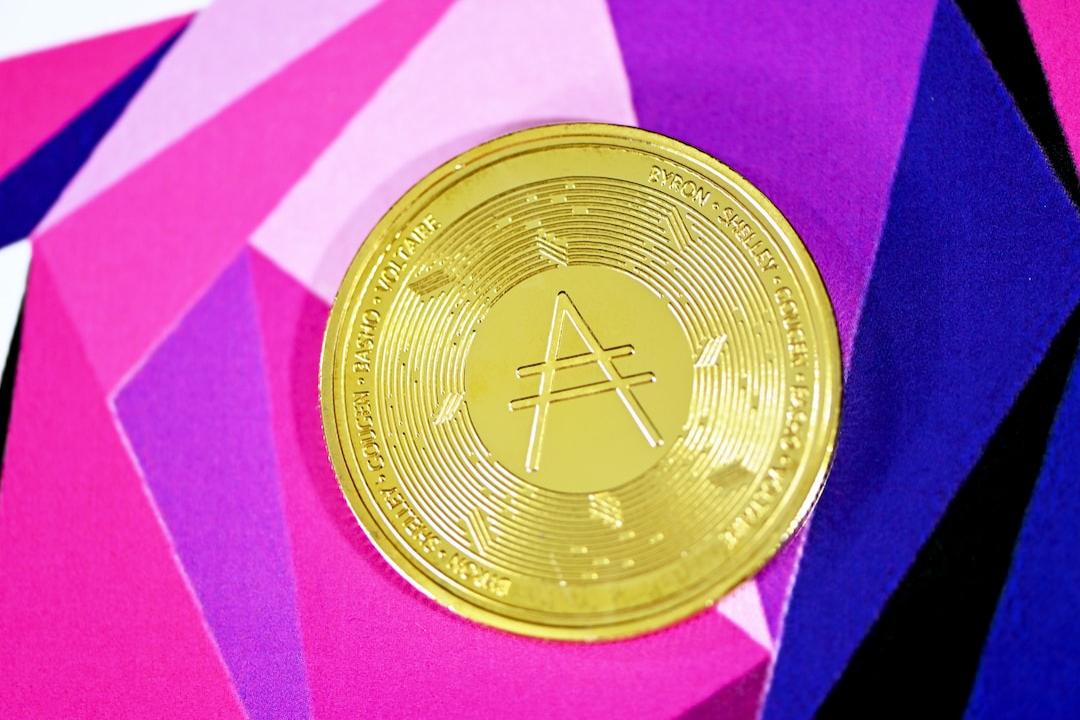The National Bank of Rwanda (BNR) has made its recently completed feasibility study on a retail central bank digital currency (CBDC) available for public comment. The BNR is exploring the possibility of introducing a national digital currency that incorporates the latest technological advancements and is specifically tailored to local conditions.
By implementing a retail CBDC, Rwanda aims to further its initiative towards a cashless economy and enhance the resilience of its financial system, which is still vulnerable to frequent power outages, according to the BNR’s findings. Despite the country’s cashless goal, the central bank expects to spend $35 million on printing and maintaining cash supply in the next five years.
The BNR has proposed an interest-free, intermediated CBDC that would be interoperable with all existing payment systems in the country, as well as potentially other CBDCs, once the necessary amendments to the country’s Central Bank Act have been made. The study recommends a token-based model with open programmability and smart contracts, as opposed to an account-based model. Tokenization would enable offline transfers of digital cash using Bluetooth or Near Field Communication (NFC) technology, eliminating the need for a smartphone, unlike current electronic payment options.
While programmability offers certain advantages, the study acknowledges that it also presents challenges in terms of privacy. The BNR envisions no more than “partial pseudo-anonymity” for the CBDC.
Currently, payment service providers make up less than 0.9% of Rwanda’s financial sector. The sector faces obstacles such as low financial literacy, high remittance costs, and a significant informal economy. The BNR believes that reducing the amount of cash in circulation could contribute to the formalization of a larger portion of the economy. However, the study does not provide specific details on user fees, holding limits, or public acceptance of the CBDC.
The BNR prefers a distributed database model over a distributed ledger for greater reliability. The analysis of the feasibility study was based on the CBDC Policy-Maker Toolkit developed by the World Economic Forum.
While tokenized wholesale CBDC projects have been undertaken by companies like Mastercard and Ripple, as well as institutions like the European Central Bank and the Bank for International Settlements’ new Project Agora, tokenization in a retail CBDC context may be an innovative approach. The offline transfer of CBDCs is also an area of ongoing research, with China’s digital yuan featuring solutions similar to those proposed by the BNR.
In other news, the acceptance and adoption of blockchain technology has gained momentum with the Biden administration recognizing its benefits and pushing for its implementation.

